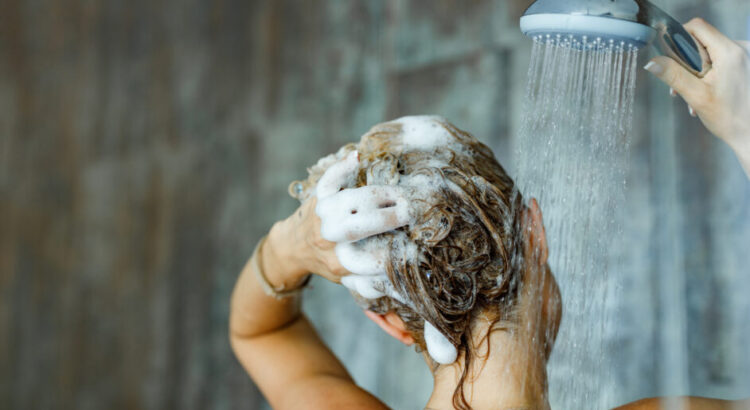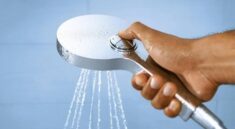When it comes to haircare, we often focus on shampoos, conditioners, and treatments, overlooking a critical factor: the water used to rinse our locks. Water quality can significantly influence the health and appearance of your hair. While hard water, laden with minerals like calcium and magnesium, can wreak havoc on hair, soft water offers a far gentler alternative. This article explores the impact of soft water on haircare, detailing why it’s a preferred choice for achieving and maintaining luscious, healthy strands.
The Role of Water Quality in Haircare
Water quality affects how products perform and how your hair responds to washing. Hard water contains mineral ions that can cling to hair, making it feel rough and difficult to manage. Soft water, free from these minerals, provides a more effective and nourishing cleansing experience. It allows hair products to work as intended, enhancing the overall results.
Benefits of Soft Water for Hair
1. Enhanced Moisture Retention
Soft water helps hair retain its natural moisture by preventing the stripping effect caused by hard water minerals. Calcium and magnesium in hard water can leave hair feeling dry and brittle, disrupting its moisture balance. By removing these elements, soft water allows the hair’s natural oils to remain intact, resulting in softer, shinier strands.
Hydrated hair is less prone to breakage and split ends, making soft water especially beneficial for those with dry or damaged locks. This moisture-retaining property also makes it easier to maintain hairstyles that require smooth and supple hair textures.
2. Improved Product Performance
Shampoos and conditioners often struggle to perform effectively in hard water due to mineral interference. The ions in hard water can react with soaps, reducing lather and leaving behind residues that weigh hair down.
Soft water eliminates this issue, allowing your haircare products to lather more efficiently and rinse out thoroughly. This ensures a cleaner scalp and strands, free from product buildup. The result is hair that feels lighter, cleaner, and more voluminous.
3. Gentler on Color-Treated Hair
For those who color their hair, soft water offers a significant advantage. Hard water minerals can fade and distort hair color over time, diminishing vibrancy and longevity. The lack of these minerals in soft water preserves the integrity of your color treatments, allowing them to maintain their intended hue for longer.
This gentler washing process also helps reduce the frequency of touch-ups, saving both time and expense while ensuring your color-treated hair looks fresh and radiant.
4. Reduced Scalp Irritation
A healthy scalp is the foundation of beautiful hair, and soft water contributes to its well-being. Hard water can leave behind residues that clog hair follicles and irritate the scalp, leading to issues like dandruff and itchiness.
Soft water rinses cleanly, preventing such build-up and promoting a healthier scalp environment. This not only improves hair growth but also reduces discomfort, making haircare routines more enjoyable.
5. Easier Detangling
Soft water minimizes the friction and roughness caused by mineral deposits on the hair shaft. This makes detangling significantly easier, especially for individuals with curly or textured hair, which can be more prone to knots and tangles.
Less tangling means reduced breakage during brushing or styling, helping to maintain the length and integrity of your hair over time.
Addressing Potential Concerns
While soft water offers undeniable benefits, there are a few considerations to keep in mind. Some individuals may find that soft water leaves their hair feeling too smooth, which could impact styling hold. Adjusting your haircare routine to include lightweight products or volumizing sprays can help counter this effect.
Additionally, those transitioning from hard water to soft water may need a period of adjustment as their hair detoxes from accumulated mineral deposits. During this time, clarifying shampoos can help speed up the process and restore balance.
Making the Switch
If you live in an area with hard water and are considering switching to soft water, installing a water softener system is the most effective solution. Alternatively, shower filters designed to remove minerals can offer a more accessible option. Whichever route you choose, the benefits for your hair are likely to make the investment worthwhile.
Soft water transforms everyday haircare into a more nourishing and effective routine. By reducing dryness, preserving color treatments, and ensuring a healthier scalp, it sets the stage for hair that looks and feels its best. If you’ve been struggling with lackluster locks or ongoing scalp issues, soft water might just be the gentle solution you’ve been seeking.




